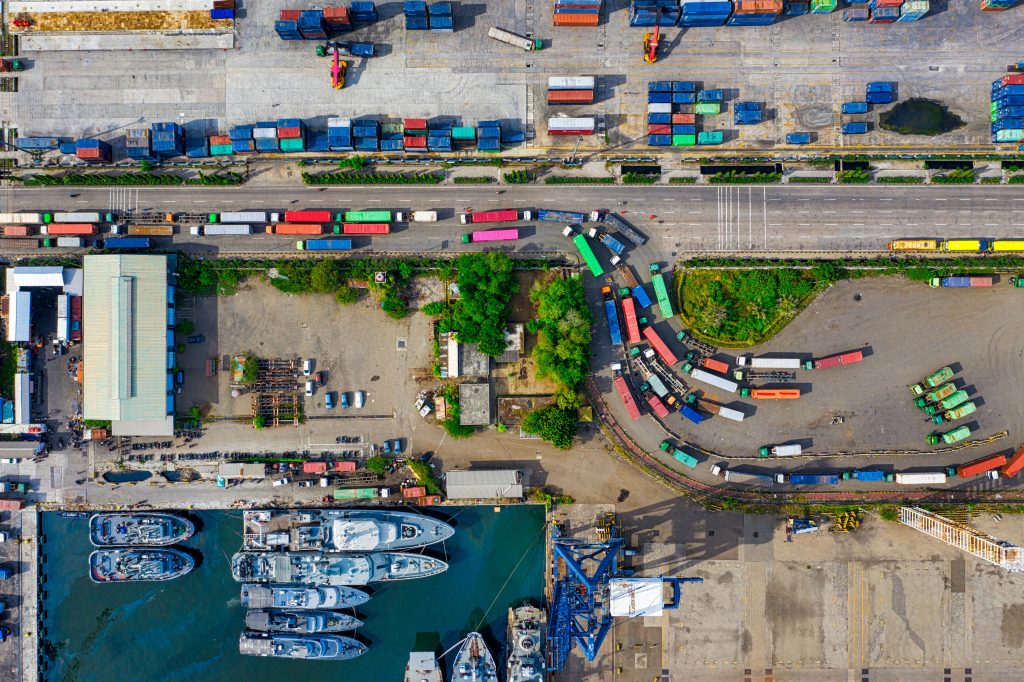
Port Laredo in South Texas is the no. 1 port for agricultural trade between the United States and Mexico, according to a new report. Fruits, vegetables, grains, and other produce are exported predominantly via trucks or rail from Port Laredo in large numbers; this has enabled it to handle 49% of US exports to Mexico and 52% of Mexican imports into the US over the 10-month period from January 2022 through October 2022.
The customs district includes nine entry points along various roadways that span across South Texas. This has created an efficient system for transporting goods back and forth quickly while also providing adequate security measures at each point of entry. With its impressive reach across two countries, Port Laredo continues to be instrumental in facilitating agricultural trade between these two important trading partners.
Nogales, Arizona, and Otay Mesa, California are two of the most important ports for agricultural trade between the United States and Mexico. Avocados, tomatoes, lemons, limes, mangos, broccoli, peppers, berries, lettuce and bulk grains as well as oilseeds such as canola seeds or soybean meal make up a large portion (38%) of U.S.-Mexico agricultural trade passing through these two locations.
Nogales accounts for 30% while Otay Mesa makes up 17%. 75% of all U.S. ag product exports to Mexico are shipped overland via land routes with Ports in New Orleans Louisiana; Houston-Galveston Texas; and Mobile Alabama accounting for the remaining 25%.
These three ports provide an important link between Mexican farmers/producers and their American customers/consumers helping to sustain economies on both sides of the border.
Mexico is the largest customer for U.S. agricultural exports, accounting for 64% of the total market share in 2021. This strong trading relationship between Mexico and the United States has been further strengthened by Japanese AC manufacturer Daikin’s recent investment of $300 million into Mexican businesses.
The funds will be used to construct two new factories in San Luis Potosi, creating 2,750 jobs expected to generate considerable economic growth and prosperity in the region. Not only will this spur job creation and development in Mexico but it also benefits both countries as a whole through mutually beneficial trade relations with one another.











Leave a Comment